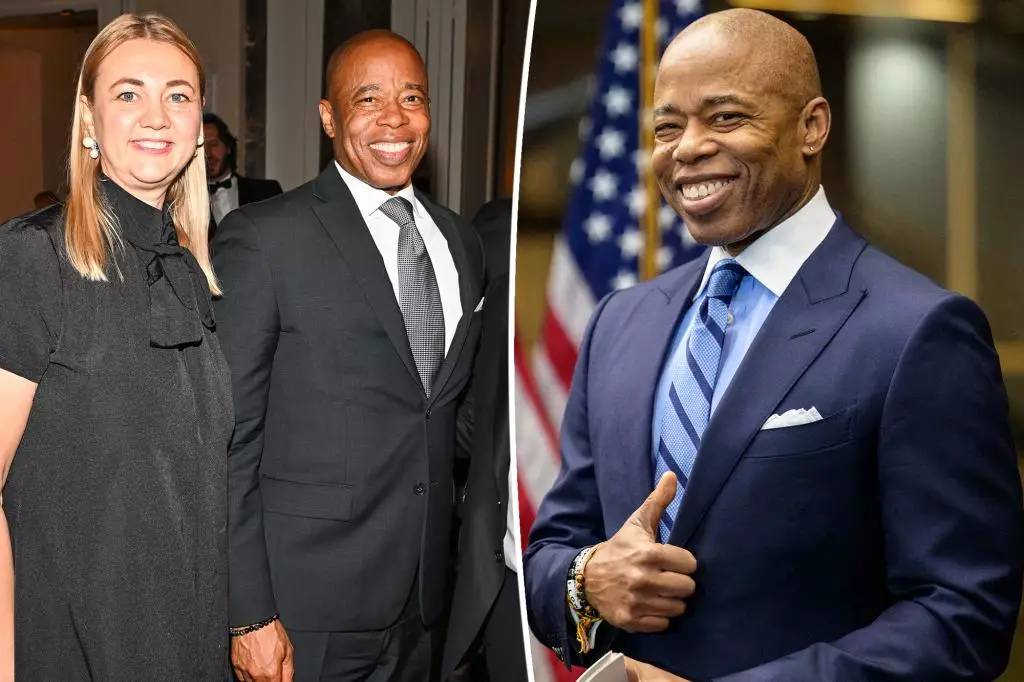In an era where communication is instantaneous and public figures must tread carefully in the realm of social media, the latest blunder attributed to Mayor Eric Adams’ assistant, Alisa Roever, raises a myriad of questions regarding credibility and the cultivation of public image in high-profile politics. On the very cusp of the prestigious Met Gala, touted as the pinnacle of fashion and culture, Roever once again showcased an apparent disconnect between aspiration and reality, leaving both fans and critics bewildered. The ambitious notion of hosting an afterparty dubbed the “mayor gala” at Gracie Mansion turned out to be nothing more than vaporware—promises without foundation.
Expectations vs. Reality: The Political and Social Fallout
What does this say about urban leadership in a time inundated with glitz and glam? It suggests a pervasive challenge: the need for authenticity amidst the chaos of public appearances. While fans of the mayor may have eagerly anticipated the event, it was quickly squashed by a representative clarifying that the event had never been confirmed. This misstep could easily alienate constituents who view such events as opportunities to bolster community engagement. Instead, it feeds a narrative of instability and miscommunication within the mayor’s office.
Taking into account Roever’s history of premature announcements, it raises an essential query: how can a leader maintain trust when the aspirations seem to blossom from unverified sources? It invites skepticism. Local attendees had previously felt the sting of dashed hopes when Roever played up the likelihood of the mayor appearing at high-profile charity events. The tangled web of cancellations paints an unflattering image of mismanagement when community expectations are consistently met with reality checks.
Trust and Transparency in Politics: A Call to Action
As citizens evaluating the effectiveness of their leaders, we must advocate for a more dignified approach to event management that prioritizes honesty and transparency. Public leaders must align their aspirations with their operational capabilities to cultivate trust. The fallout from cancelled events can lead to disgruntlement in communities keen on participating in civic engagement initiatives, causing rifts that could have been avoided with clearer communication.
Moreover, will Mayor Adams make an appearance at this iconic fashion event? His team remains non-committal, indicating they’re still “looking at the mayor’s schedule.” Such ambiguity is far from reassuring. It reflects an ongoing struggle in governance to balance the demands of public expectation with logistical realities, both of which are paramount in an age where social media serves as a double-edged sword, capable of both elevating and decimating reputations in seconds.
Change the Narrative: Rethinking the Approach to Leadership
Alisa Roever’s recent misadventures may serve as a wake-up call for Mayor Adams and his team. The public is yearning for authentic engagement rather than flashy announcements that lead nowhere. Municipal leadership should shift its focus from aspirational, event-driven narratives to the grounding realities of civic responsibility and community involvement. Everyone possesses a voice in the public discourse—and it’s time for leaders to listen and respond with action that reflects the pulse of the community rather than the glow of celebrity.

